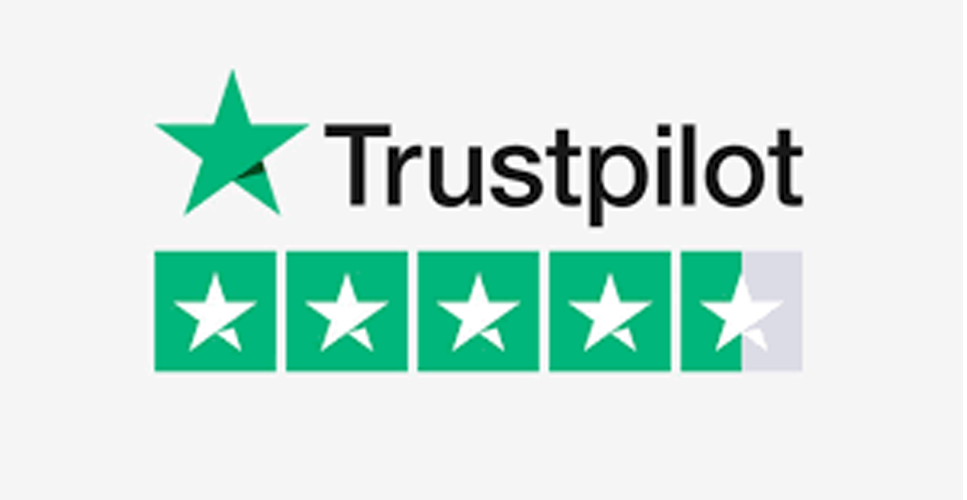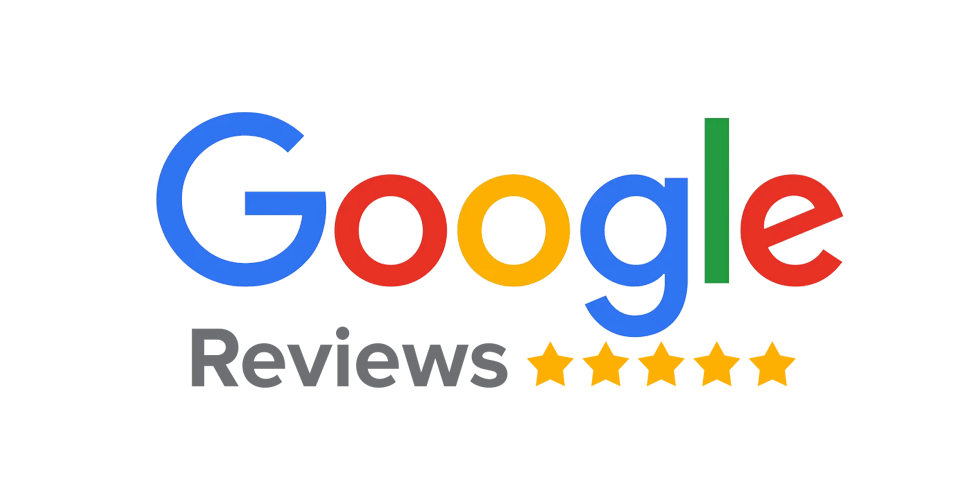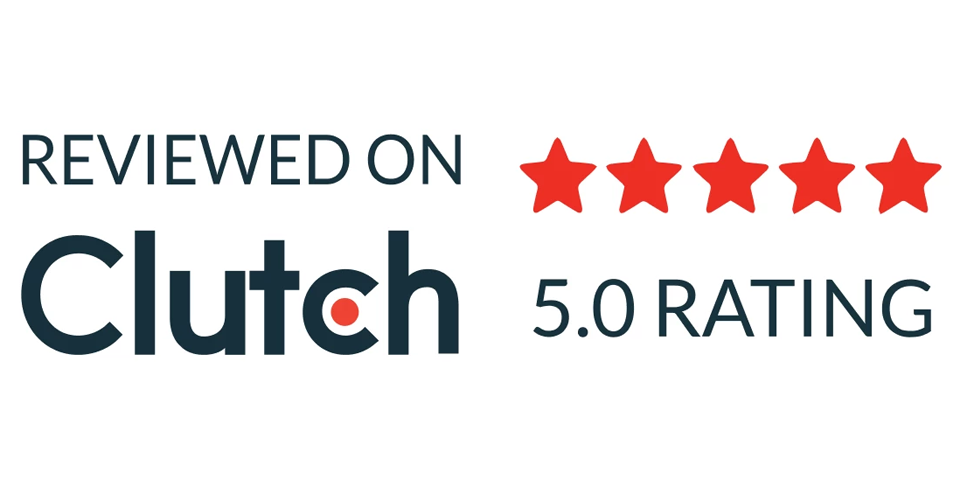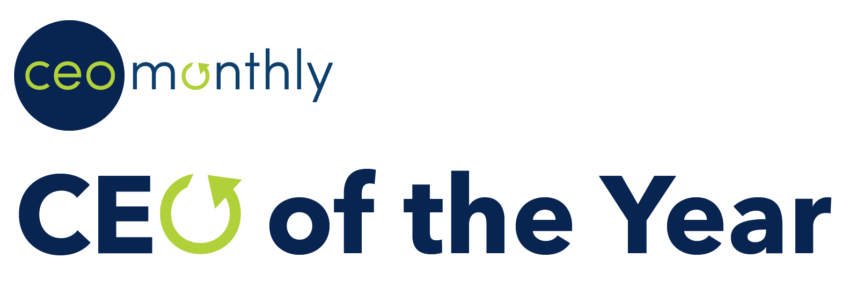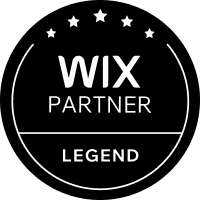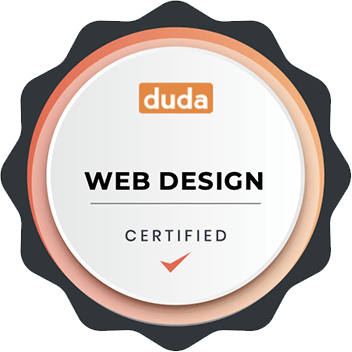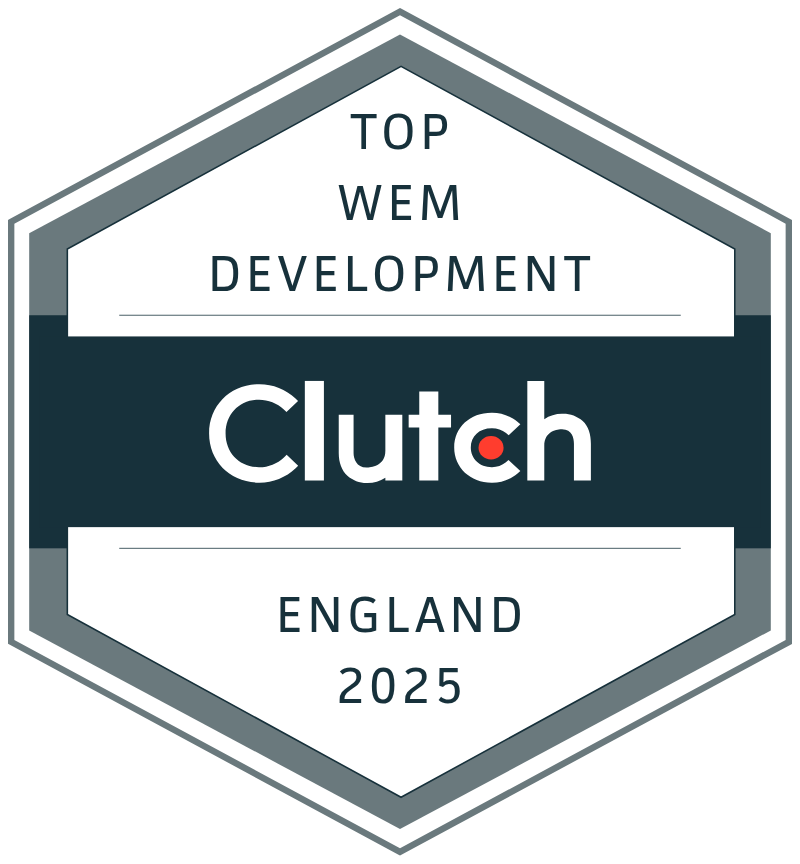AI-Powered Lead Generation: The Future of Sales with AI
In today's rapidly evolving business landscape, the power of artificial intelligence is reshaping how companies identify, engage, and convert potential customers. This comprehensive guide delves into the transformative realm of AI-powered lead generation, exploring its historical roots, current applications, and future potential. We will uncover how integrating AI is revolutionizing sales and marketing, offering a pathway to increased efficiency, improved lead quality, and ultimately, higher conversion rates.
The Evolution of Lead Generation
The pursuit of potential customers, or lead generation, has been a cornerstone of commerce for centuries. Initially, these efforts were rooted in direct, person-to-person interactions, such as door-to-door sales and cold calling. These early techniques relied heavily on persistence and the ability to build rapport quickly, marking the evolution of AI in lead generation. While effective in their time, they were often labour-intensive, inefficient, and lacked the data-driven insights that are now commonplace.
Historical Overview of Lead Generation Techniques
Historically, lead generation was a labour-intensive process, relying heavily on traditional methods, but the evolution of AI is transforming the lead generation process. Door-to-door sales, cold calling, and print advertising were the mainstays. Sales teams spent countless hours manually searching for potential customers and attempting to qualify leads through rudimentary means. These techniques, while still employed in some sectors, lack the precision and scalability needed to thrive in today’s competitive marketplace. Furthermore, the cost per lead was often high, and the success rate relatively low, making it a challenging and often frustrating endeavour for sales and marketing teams.
Transition from Traditional Methods to Digital
The advent of the internet marked a significant turning point, ushering in the era of digital marketing. Search engine optimization (SEO), email marketing, and social media marketing emerged as powerful tools for attracting and engaging potential customers online. This transition allowed sales and marketing teams to reach a wider audience more efficiently and gather valuable data about their preferences and behaviour. The move to digital methods facilitated a shift from outbound to inbound marketing, where customers are drawn to a product or service through valuable content and personalized experiences.
The Role of AI in Transforming Sales and Marketing
Artificial intelligence is now revolutionising sales and marketing, transforming lead generation into a more precise and efficient science. AI in lead generation offers the ability to analyse vast data sets, identify patterns, and predict which potential customers are most likely to convert. By leveraging AI, sales and marketing teams can automate repetitive tasks, personalize their outreach efforts, and optimize their campaigns for maximum impact. AI-powered lead generation is not merely an incremental improvement but a fundamental shift in how businesses attract, engage, and convert leads.
Traditional vs. AI-Driven Lead Generation: A Data-Driven Comparison
Conversion Rate Improvements: Traditional (2-5%) vs. AI-Powered (15-30%)
Traditional lead generation methods, such as cold calling and mass email blasts, typically yield lower conversion rates, often hovering between 2-5%, compared to AI-driven solutions that can significantly improve results. This is largely due to the generic nature of the outreach, failing to tailor the message to individual prospects. In contrast, AI-powered lead generation significantly enhances conversion rates, often boosting them to 15-30%. Integrating AI allows sales and marketing teams to use predictive analytics to identify leads that are most likely to convert, personalize their messaging, and prioritize their efforts. Leveraging AI enables a more targeted and relevant approach, leading to a substantial improvement in engagement and conversion rates throughout the sales process. The power of personalization ensures that potential customers receive information that resonates with their specific needs and interests, dramatically increasing the likelihood of closing deals.
Cost Per Lead Reduction: Manual Outreach (£150-£300) vs. AI Automation (£20-£80)
The cost associated with acquiring a lead through manual outreach can be substantial, often ranging from £150 to £300 per lead, highlighting the need for AI-driven solutions to transform your lead generation. This high cost is primarily attributed to the labour-intensive nature of traditional lead generation methods, involving extensive manual research, cold calling, and individual email composition. However, AI automation dramatically reduces the cost per lead, with figures typically falling between £20 and £80. By leveraging AI, sales and marketing teams can automate many of the repetitive tasks associated with lead generation, such as lead scoring, data enrichment, and personalized email sequencing. AI lead generation tools also optimize marketing campaigns, ensuring that resources are allocated efficiently to the most promising potential customers, ultimately streamlining the lead generation process and significantly lowering costs.
Lead Qualification Speed: Hours/Days vs. Real-Time Scoring with 90%+ Accuracy
Traditional lead qualification can be a time-consuming process, often taking hours or even days for sales teams to manually assess and score potential customers. This delay can result in missed opportunities and inefficiencies in the sales process. AI-powered lead generation offers a significant advantage with real-time lead scoring, achieving accuracy rates of 90% or higher. AI tools can instantly analyse lead data, including demographics, firmographics, online behaviour, and social media activity, to determine their likelihood of closing deals. This instantaneous lead qualification allows sales and marketing to prioritize the most promising prospects, enabling them to engage with high-quality leads promptly and efficiently. The speed and precision of AI in lead generation contribute to a more agile and responsive sales process, accelerating the pipeline and enhancing overall productivity.
Understanding AI and Its Impact on Lead Generation
What is AI and How Does it Work?
Artificial intelligence (AI) is a broad field of computer science focused on creating machines capable of performing tasks that typically require human intelligence. This includes learning, problem-solving, decision-making, and understanding natural language. AI systems work by analysing large data sets, identifying patterns, and using these patterns to make predictions or take actions. Machine learning, a subset of AI, enables systems to learn from data without being explicitly programmed. Deep learning, a more advanced form of machine learning, uses neural networks with multiple layers to analyse data in a more sophisticated way. Understanding how AI works is fundamental to integrating AI in sales and lead generation strategies effectively.
Key AI Tools for Lead Generation
Here's how AI tools are revolutionising lead generation by offering enhanced capabilities. Specifically, they provide:
- AI-powered chatbots that automate initial interactions, qualifying leads and offering instant support.
- AI tools for predictive analytics which forecast conversion likelihood.
These tools also use natural language processing (NLP) to understand and respond to human language, facilitating personalized communication and refining marketing campaigns. AI-driven lead scoring systems also analyse lead data to prioritize the most promising prospects.
Benefits of AI-Powered Lead Generation
The benefits of AI-powered lead generation are vast and transformative. AI offers several key advantages:
- It increases efficiency by automating repetitive tasks, freeing up sales teams to focus on building relationships and closing deals.
- It enhances lead qualification by accurately identifying high-quality leads, improving conversion rates.
Personalization is significantly improved through AI, as it enables sales and marketing to tailor messages and offers to individual prospects, ultimately transforming the lead generation process. AI also provides valuable insights into customer behaviour, allowing for more effective targeting and optimization of marketing campaigns, leading to higher conversion rates and a more streamlined sales process. The future of lead generation is undeniably intertwined with the capabilities of AI.
AI-Powered Lead Generation Strategies
Utilising Predictive Analytics in Lead Generation
Predictive analytics is a powerful application of AI that enables sales and marketing teams to forecast future outcomes based on historical data. In lead generation, predictive analytics can identify which leads are most likely to convert by analysing various data points such as demographics, online behaviour, and engagement history, thus transforming the lead generation process. By leveraging AI algorithms, businesses can prioritize their outreach efforts on high-potential prospects, maximizing their conversion rates and return on investment. Predictive analytics also helps in identifying the optimal timing and messaging for engaging with potential customers, ensuring that the right offer reaches the right person at the right time, thereby streamlining the lead generation process.
Implementing AI-Driven Lead Scoring
AI-driven lead scoring is a sophisticated method of ranking prospects based on their likelihood of closing deals. Unlike traditional lead scoring models that rely on manual criteria, AI lead generation tools analyse a wide range of data points, including demographics, firmographics, online behaviour, and social media activity, to assign a score to each lead. This real-time lead qualification allows sales teams to prioritize their efforts on the most promising potential customers, increasing efficiency and conversion rates. Implementing AI for lead scoring also enables businesses to tailor their messaging and outreach strategies to the specific needs and interests of each lead, further enhancing engagement and conversion. Use AI to improve your workflow.
Optimising Customer Segmentation with AI
Effective customer segmentation is crucial for tailoring marketing campaigns and improving engagement and conversion rates. AI can significantly enhance customer segmentation by analysing vast data sets to identify patterns and group customers based on shared characteristics, behaviours, and preferences, allowing you to predict which leads are most likely to convert. By leveraging AI algorithms, businesses can create more granular and accurate customer segments, allowing them to personalize their messaging and offers to specific groups. AI also enables dynamic segmentation, where customer segments are continuously updated based on real-time data and changing behaviours. This AI-powered approach to customer segmentation ensures that marketing efforts are targeted and relevant, maximizing their impact and driving higher conversion rates. AI-driven lead segmentation becomes easier.
Practical Tips for Implementing AI in Lead Generation
Choosing the Right AI Tools for Your Business
Selecting the appropriate AI tools is crucial for successful AI in lead generation. Start by assessing your specific business needs and identifying the pain points in your current lead generation process. Consider factors such as the size of your sales teams, the complexity of your sales process, and your budget. Research and compare different AI-driven solutions for lead generation tools, focusing on their features, capabilities, and integration options. Look for AI tools that align with your existing digital marketing infrastructure and offer seamless integration AI capabilities. Don't hesitate to request demos or trials to evaluate the workflow and effectiveness of different AI solutions before making a final decision. A well-informed choice ensures that you leverage AI to its full potential, optimize your lead generation efforts and achieve higher conversion rates.
Integrating AI Solutions into Existing Sales Processes
Seamlessly integrating AI solutions into existing sales processes is essential for maximizing the benefits of AI-powered lead generation. Begin by mapping out your current sales process, identifying areas where AI can automate tasks, improve efficiency, and enhance personalization. Gradually introduce AI tools, starting with small-scale implementations to test their effectiveness and gather feedback from your sales teams. Ensure that your team receives proper training and support to leverage AI tools effectively. Optimize your workflow by streamlining repetitive tasks, such as lead scoring and data enrichment, allowing sales teams to focus on building relationships with potential customers and using data to predict their needs. Continuously monitor and refine your AI integration strategy to ensure alignment with your business goals and adapt to the evolving digital marketing landscape.
Measuring Success: Key Metrics for AI-Powered Lead Generation
Measuring the success of AI-powered lead generation requires tracking key metrics that reflect the impact of AI on your sales process. Monitor conversion rates at various stages of the pipeline, from initial contact to closing deals, to assess the effectiveness of your AI-driven strategies. Track the cost per lead to determine the efficiency of your AI-powered campaigns compared to traditional methods. Evaluate the quality of leads generated by AI tools, focusing on their likelihood of closing deals and their alignment with your target customer profile. Analyse sales teams' productivity and efficiency to measure the impact of AI in sales and lead generation on their performance. By closely monitoring these key metrics, you can gain valuable insights into the effectiveness of your AI implementations and make data-driven decisions to optimize your lead generation process.
The Future of Lead Generation with AI
Emerging Trends in AI and Sales
The future of lead generation is inextricably linked to emerging trends in AI and sales, promising to further revolutionize how businesses connect with potential customers. One key trend is the increasing sophistication of natural language processing (NLP), which will enable AI tools to understand and respond to customer inquiries with greater accuracy and personalization. Another trend is the rise of AI-driven hyper-personalization, where marketing campaigns are tailored to individual customer preferences and behaviours in real-time. Predictive analytics will become even more powerful, enabling businesses to forecast customer needs and anticipate buying patterns with greater precision. As AI continues to evolve, sales teams will need to embrace these emerging trends to stay ahead of the curve and maximize their lead generation efforts.
Challenges and Ethical Considerations in AI Implementation
While leveraging AI offers immense potential for transforming lead generation, it also presents several challenges and ethical considerations that businesses must address. One challenge is the need for high-quality data to train AI algorithms effectively, ensuring that the insights generated are accurate and reliable. Another challenge is the risk of AI bias, where AI tools inadvertently perpetuate existing societal biases, leading to unfair or discriminatory outcomes. Ethical considerations include protecting customer privacy, ensuring transparency in AI decision-making, and addressing the potential for job displacement as AI automates tasks traditionally performed by humans. By proactively addressing these challenges and ethical concerns, businesses can use AI responsibly and sustainably in their lead generation process.
Preparing Your Sales Team for an AI-Driven Future
Preparing your sales teams for an AI-driven future is crucial for ensuring a smooth transition and maximizing the benefits of AI in sales and lead generation. Start by providing comprehensive training on AI tools and their applications in sales, emphasizing how AI can enhance their productivity and effectiveness. Encourage a mindset of continuous learning, where sales teams are open to experimenting with new AI solutions and adapting to evolving technologies. Foster collaboration between sales and marketing teams, ensuring that they work together to optimize AI-driven campaigns and tailor messaging to potential customers. By investing in training, fostering a culture of innovation, and promoting collaboration, you can empower your sales teams to thrive in an AI-driven environment, unlocking new opportunities for lead generation and revenue growth.
We’re Ready When You Are
See What We Can Do For Your Business













